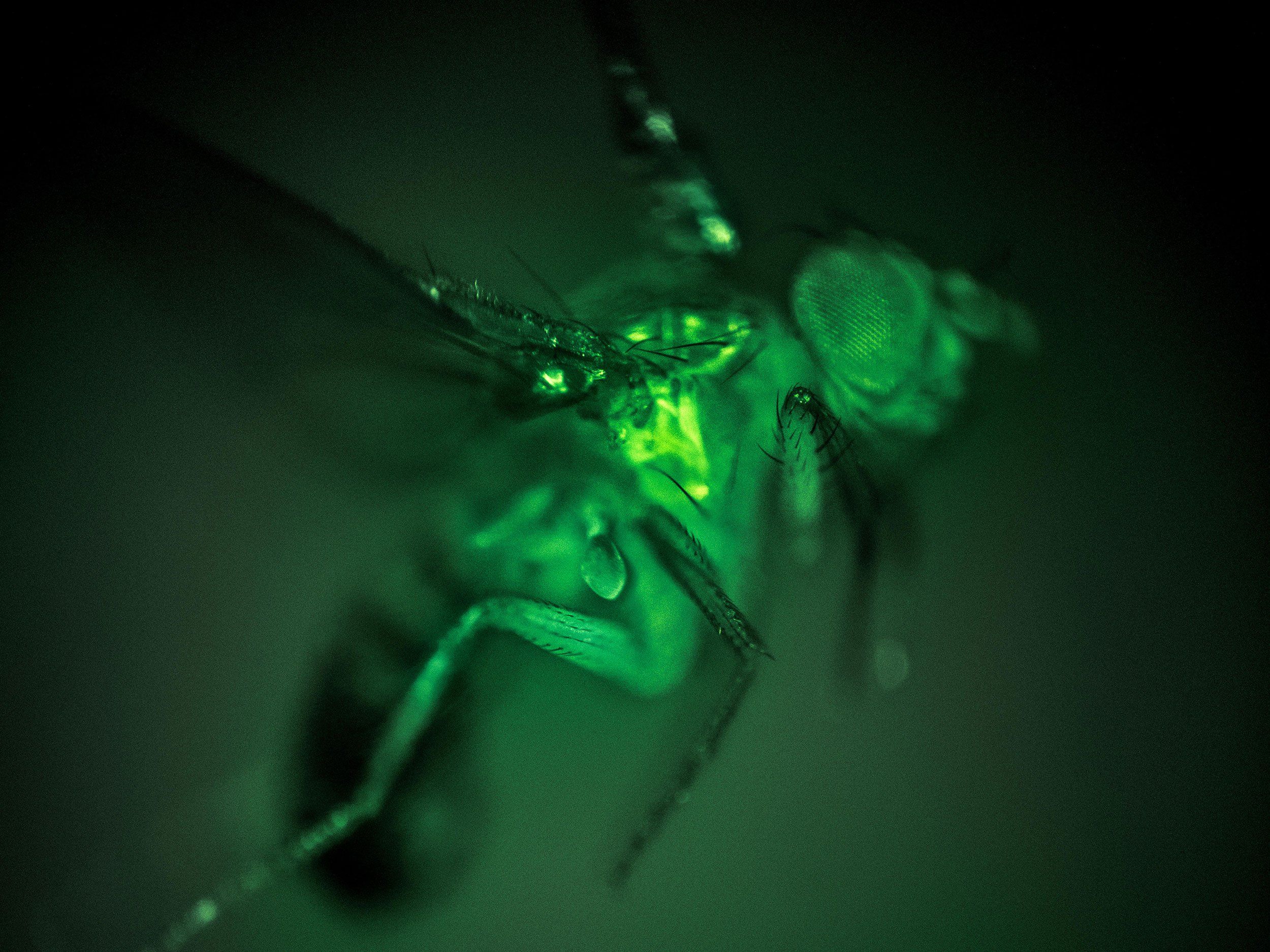Peter David, policy director for the Center for Food Safety (Washington, D.C.), points to one of the big unknowns of ionizing irradiation, the chemical, 2-alkylcyclobutanone, called 2-ACB. The chemical was discovered in animal tests in 1999 by a French research team led by Eric Marchioni at Laboratoire de Chimie Analytique et Sciences de l’Aliment, Illkirch Graffenstaden, France.
"At certain concentrations, these radicals are unique markers of toxicity," says David. "Should we be treating this the same as other toxic chemicals that exist in food?"
For his part, Marchioni says he was looking for a way to test foods to ensure proper labeling, and he cautions people from reading too much into the results of his team’s studies.
"We have demonstrated that 2-ACBs have some cytotoxic, genotoxic, and tumor-promoting effects, but we never demonstrated that 2-ACBs are toxic for humans [who consume] irradiated foods," Marchioni told IEEE Spectrum. "[You can't] extrapolate results obtained during in vitro tests and in vivo tests with rats, to humans. We don’t believe that there should be yet a moratorium on irradiation until further research is conducted."
